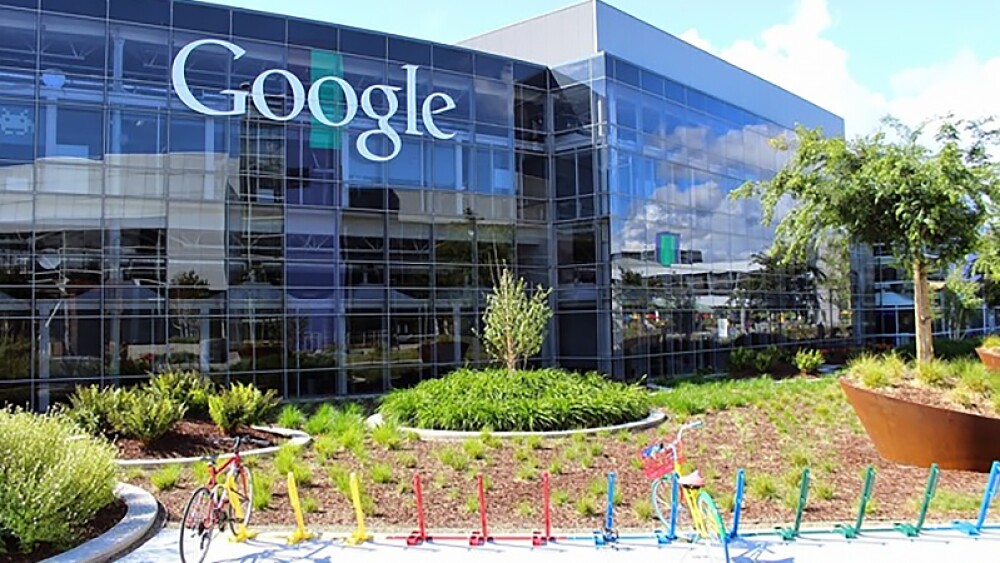June 8, 2016
By Alex Keown, BioSpace.com Breaking News Staff
MOUNTAIN VIEW, Calif. – Google ’s life science’s division, Verily, has ambitious goals of turning science fiction into science fact, but the company has struggled to hit the marks it set for itself and some of its proposed products have met setbacks and skepticism from some in the scientific community, StatNews reported.
Verily is the first of Google’s many “moon shot” companies to stand alone under its new Alphabet umbrella. Verily’s focus seems to be a combination of merging big data and healthcare, while at the same time developing various biological data monitors. Verily has developed several relationships with larger biotech companies, including Novartis , DexCom and Sanofi .
StatNews, owned by The Boston Globe, took a hard look at some of Verily’s lofty goals and found the most prominently talked-about ones are “plagued by serious, if not fatal, scientific shortcomings.” One device Verily has pushed for is a device using nanoparticles to track down cancer cells in the body. Verily executives planned to have a working model of the device, dubbed the Tricorder, three years ago, but StatNews interviews with former Verily employees said the project is “floundering.” Not only have former employees dismissed the projects’ likelihood, Tufts University professor and nanoscience expert David Walt told StatNews he doubts the project will move forward, equating it to science fantasy.
Another Verily project that appears to be in trouble is a contact lens that reads glucose levels in the body. The lens, as described on Jan. 16, 2014 on the official Google blog is “a smart contact lens that’s built to measure glucose levels in tears using a tiny wireless chip and miniaturized glucose sensor that are embedded between two layers of soft contact lens material.” The blog went on to indicate the company was testing prototypes that could create a reading every second and that might have integrated LED lights that would light up to warn the wearer when glucose levels were too high or low. Verily has teamed with Novartis, one of the largest insulin makers in the world, to develop the lens. Independent experts that StatNews spoke with have also questioned the likelihood of the contact lens working as advertised.
Former employees and independent scientists also told StatNews they questioned the company’s billion-dollar Baseline study. The Baseline Study program is part of the precision medicine initiative to “understand what it means to be healthy, down to the molecular and cellular level,” Google said in a statement. But, researchers spoken to by StatNews said the project is riddled with design flaws and makes the project goals “far-fetched.” Researchers said the Baseline study is neither long nor large enough to generate the results Verily is hoping for.
While there may be questions concerning the realistic nature of Verily’s product goals, the company has certainly been moving forward with its big plans, recently securing the 400,000 square-foot space formerly occupied by Onyx Pharmaceuticals in the heart of San Francisco’s biotech industry.
Verily has also been on something of a hiring spree, attracting many tech specialists, as well as employees from more established biotech companies such as Amgen , Abbott and Illumina . Some of the noted individuals who have signed on with Verily include Abbott’s John Hernandez, who is head of health economics for Verily and Jason Hipp, formerly of Bristol-Myers Squibb , who now heads the pathology department. Last year, Jessica Mega, a prominent cardiologist at Harvard Medical School and the Brigham and Women’s Hospital, has left to head up the Baseline Study of Google X and is now Verily’s chief medical officer.
While buzz is strong around what Verily wants to do, the questions raised about the feasibility of its goals likens it to another Silicon Valley darling, Theranos—a company that made big promises, but has been plagued by failures and efficacy questions of proprietary technology. While Verily has not been faced with the same problems Theranos recently has, one thing the companies have in common is a lack of transparency. Both companies have kept their data close to the chest, which has increased levels of skepticism. Neither company has opened its data to public viewing in the form of published research, which brings on more skepticism.





